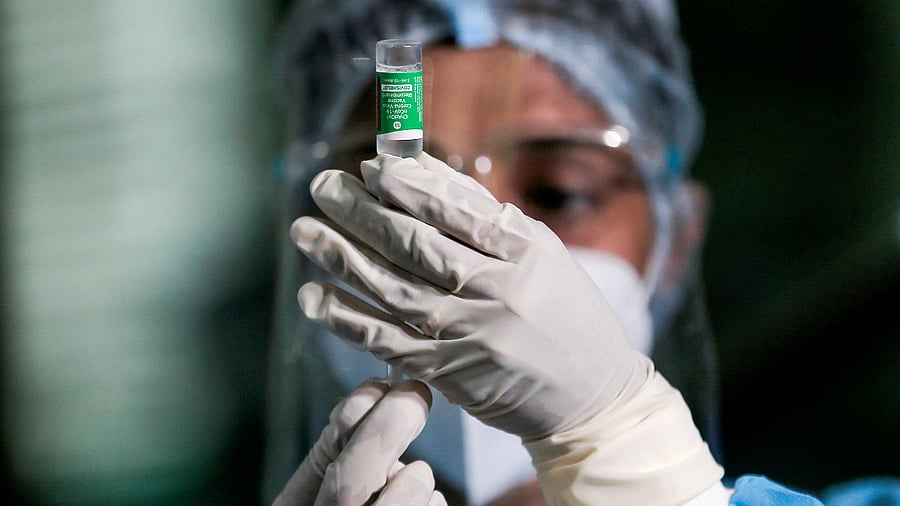
India’s Covid-19 vaccination drive to inoculate 130 crore against Covid-19 will be complete by the end of the year, said Union Minister for Information and Broadcasting Prakash Javadekar. He added that the Health Ministry has given a roadmap for producing 216 crore doses by the end of the year. However, India’s vaccination rate remains low and in the past experts have estimated that India’s Covid-19 vaccination drive may take several years to complete at this rate.
India’s deep Covid-19 troubles have hit the global supply of COVAX so much so that there are many parts of the world where one shot has been dispensed to health workers or frontline workers and the second shot has not been forthcoming, a top Biden administration official told lawmakers on Thursday.
There may, however, be a way out of the vaccine crunch. Efforts are underway to procure supplies from Pfizer, Moderna, and Johnson & Johnson. But their order books are full. As long as authorities are realistic, acquiring vaccines from regional rival China, can at least ensure that the next coronavirus wave doesn’t kill thousands of people a day for want of hospital beds or oxygen.
India is also looking at the Western hemisphere to solidify a vaccine partnership. The partnership between India and the United States on Covid-19 vaccines will “make a real difference,” said External Affairs Minister S Jaishankar after a meeting with President Joe Biden’s National Security Advisor Jack Sullivan in Washington D.C.
Earlier in the day, Rahul Gandhi blamed PM Modi’s 'nautanki' for the second Covid-19 wave in an online press conference. Blaming the prime minister for "not understanding Covid-19," Gandhi said that India's death rate was a lie. Gandhi said that the problem was the lack of a vaccination strategy and that PM Modi did not think strategically. "He is an event manager, he thinks one event at a time," he added.
Meanwhile, the Centre on Thursday trashed a The New York Times report on India's higher Covid-19 mortality by pointing out that the experts quoted in the report used elevated "Infection Fatality Rates", without any basis giving rise to such high mortality figures.
Meanwhile, India’s Covid-19 cases continue to dip. On Friday, 1.86 lakh Covid-19 cases and 3,660 deaths were recorded. Delhi reported 1,100 cases in the past 24 hours and CM Arvind Kejriwal decided to ease the lockdown in the national capital starting Monday. While fighting Covid-19, he said, it was also necessary that economic activities be restarted to ensure that people are not facing difficulties.
In a first-of-its-kind attempt, Karnataka will start testing sewage water to assess the prevalence of Covid-19 with a surveillance system in Bengaluru where traces of the novel coronavirus will help identify potential clusters and any alarming variants that may spring up due to the mutation. To begin with, the testing will be done in 45 wards, and the system will eventually cover over 75 per cent of Bengaluru’s 90 lakh residents.
A glance at the vaccine news reminds us that since the first reports of blood clotting after the AstraZeneca vaccine emerged in March 2021, our understanding of the clotting disorder, called Vaccine-Induced Thrombotic Thrombocytopaenia or Thrombosis with Thrombocytopenia Syndrome, has grown. Here’s updated information on what we know about it so far.
